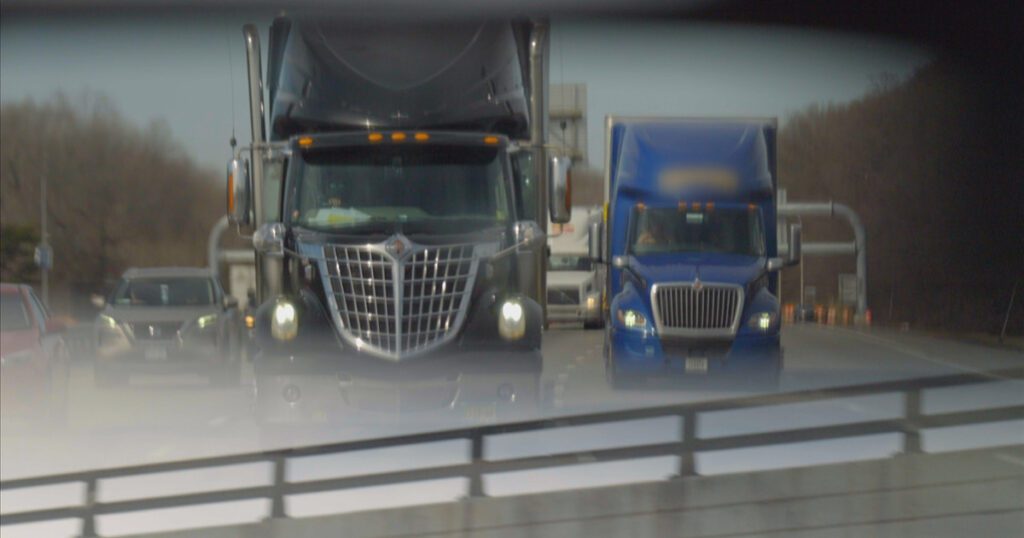“America’s Dangerous Trucks” is a joint investigation by FRONTLINE and ProPublica. The documentary premiered on June 13, 2023, and can be streamed via the PBS App or on the FRONTLINE website.
The trucking sector is actively lobbying to make it more difficult for crash victims to sue companies and to reduce the compensation they can claim. Over the last three years, this industry has influenced new laws in seven states, including top-ranking Texas and Florida for fatal truck accidents.
While the industry asserts that these laws are intended to prevent frivolous lawsuits and exorbitant payouts, safety advocates argue they primarily protect trucking companies from legitimate claims and discourage them from taking preventative measures against accidents.
These new regulations arrive amidst a rise in fatal truck accidents, claiming over 5,000 lives annually—an increase of over 50% compared to a decade ago. The recent documentary “America’s Dangerous Trucks” highlights the deadly underride collisions and their persistence.
After an accident, the most effective way for victims to obtain compensation for significant injuries or loss is by suing the involved trucking company and driver. Joe Fried, an attorney with extensive experience in truck accident cases, highlighted that most interstate truckers must carry a minimum of $750,000 in liability insurance—a sum that can be quickly depleted by lifelong medical expenses. While courts may order higher compensation, if a company goes bankrupt, victims could remain unpaid. The minimum was established by Congress in 1980 and has not been raised despite numerous attempts.
In late 2019, Chris Spear, a prominent figure in the trucking industry, referred to lawsuits related to crashes as an “all-out assault” on the sector during a radio interview. He expressed that reducing crash litigation was a top priority for the American Trucking Associations (ATA) and pledged to collaborate with state governments to enact new laws. Following this declaration, the ATA indicated that the frequency and costs associated with crash lawsuits were increasing, leading to higher insurance costs for trucking companies.
Legal Landscape Shifts in Key States
In Texas, which had the highest number of truck-related fatalities in 2020, a law passed in 2021 stipulates that trucking firms can only be sued after a driver is found liable in court, a process termed a bifurcated trial. This law, supported by the Texas Trucking Association, aims to shield firms from perceived bias in court proceedings.
Previously, plaintiff lawyers could present evidence of a company’s past incidents to illustrate a pattern of systemic issues, a tactic criticized by trucking lobbyists. The new Texas legislation restricts trial evidence to specifics of the accident unless the driver or company is deemed at fault in the second phase of trial, a precedent Fried anticipates will spread to other states.
In Florida, which ranks third for truck-related deaths, a law enacted in March introduced various changes to civil litigation relevant to the trucking industry. The legislation modifies how medical expenses are presented in court, only allowing the amount paid to be disclosed, and shortens the statute of limitations for personal injury lawsuits from four to two years. Advocates for safety argue this time restriction poses an obstacle for victims seeking justice after accidents.
Geistfeld from NYU Law emphasizes that the outcome of tort reform influences who bears the financial burden of injuries and impacts business priorities concerning safety measures. He asserts that if companies are made accountable for their drivers’ liabilities, they will likely adopt safer operational practices, benefiting society at large.


